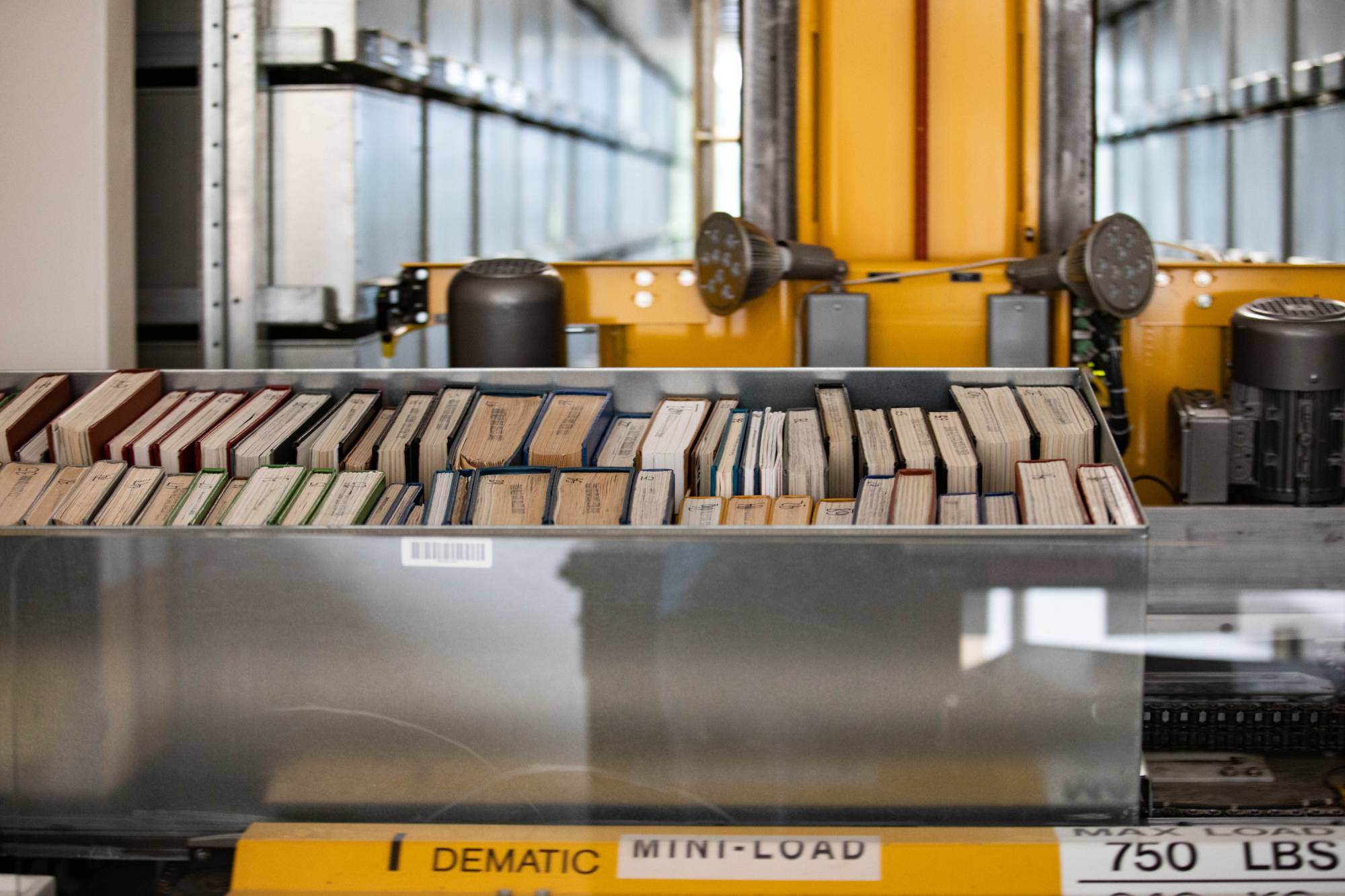Collections Review: A New Approach
By Cara Cadena
Head of Collections & Digital Scholarship
What & Why
Collection development at University Libraries is a balancing act between supporting the curricular needs of the institution while also providing materials and resources that stir curiosity and foster inquiry. Our strategy has long been proactive, collecting things based on known areas of scholarship and buying materials in case a need should arise. As the scholarly publishing landscape shifts and demand for instantaneous access increases, however, we are constantly evolving our collecting strategy in order to keep up. Digital resources and print-on-demand services are transforming how we think about acquiring materials. Now libraries can buy books and media based on demand, allowing us to respond in real-time to immediate needs.
The traditional publishing system is structured for profit. Authors submit their work to journals for review and, if it is accepted, the journal publishes the work at minimal—or no—cost to the author. Access to those same journals is then sold for thousands of dollars to institutions like GVSU. Prices increase every year at unsustainable rates, with little regard for the needs of the academic community at large.
Alternative publishing models, like open access, are gaining momentum and GVSU is closely monitoring developments and contributing to the efforts, but our collections budget is still eighty percent encumbered by subscriptions to commercial vendors. Last year we began analyzing these subscriptions to see where we might do things differently.


A New Approach
A task force of seven librarians was formed in the fall of 2018 to identify resources for cancellation in order to address our impending shortfall from the 2020 budget. The task force spent six months compiling and analyzing data on existing subscriptions to journals and databases. We surveyed 73 specific disciplines to gather feedback on databases, and library administrators visited department meetings across campus to share information, gather feedback, and answer questions.
With the majority of students preferring electronic access to resources, the task force began by identifying over 250 print journals for cancellation, based on titles with duplicate access through our electronic subscriptions. Liaison librarians are also adjusting their book buying workflow this year, ordering by request and/or identified needs in their department areas rather than ordering based on spending targets and perceived interest. They will continue to work closely with faculty to ensure department needs are being met. We’ve harvested the low-hanging fruit, and now we’ll begin scrutinizing our large journal packages to assess what we need, what we can borrow from other libraries, and what we no longer need.
This year we are examining our vendor licenses and contracts in order to leverage our rights to access and own materials. We are consulting with liaison librarians and stakeholders on products, and positioning ourselves as proactive stewards of our resources as we head into an uncertain future. We are also investigating different curation strategies to help us acquire open access materials without sacrificing quality, scholarly authority, or relevance.
Moving Forward
University Libraries wants you to have what you need. If we don’t have it, we’ll do our best to find it. Document Delivery provides quick turnarounds on electronic articles. Interlibrary loan and MeL allow us to share resources with our community partners. We will keep communication at the forefront, ensuring our stakeholders are updated and informed on any potential impact of our decisions. Be sure to bookmark our collections review webpage for updates and information.
As scholars, we encourage you to consider publishing in an open access journal. Open access journals make articles freely available online, permitting any user to read, download, copy, distribute, print, search, or link to the full text. Open access enables a more sustainable and more inclusive scholarly community, accelerates the discovery of knowledge, and sparks new ideas. Learn more about open access publishing support on our website.
We appreciate your input, feedback, and consideration as we go through these changes. Contact your liaison librarian or our collections team with questions or comments. Our mission remains unchanged: to collect, manage, disseminate, and preserve information to support the university curriculum and fuel the intellectual life of the university.
